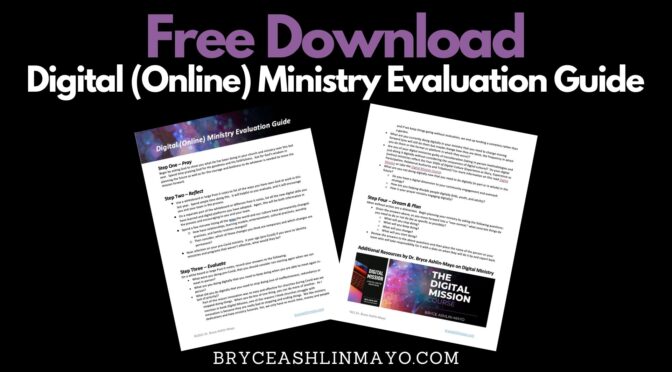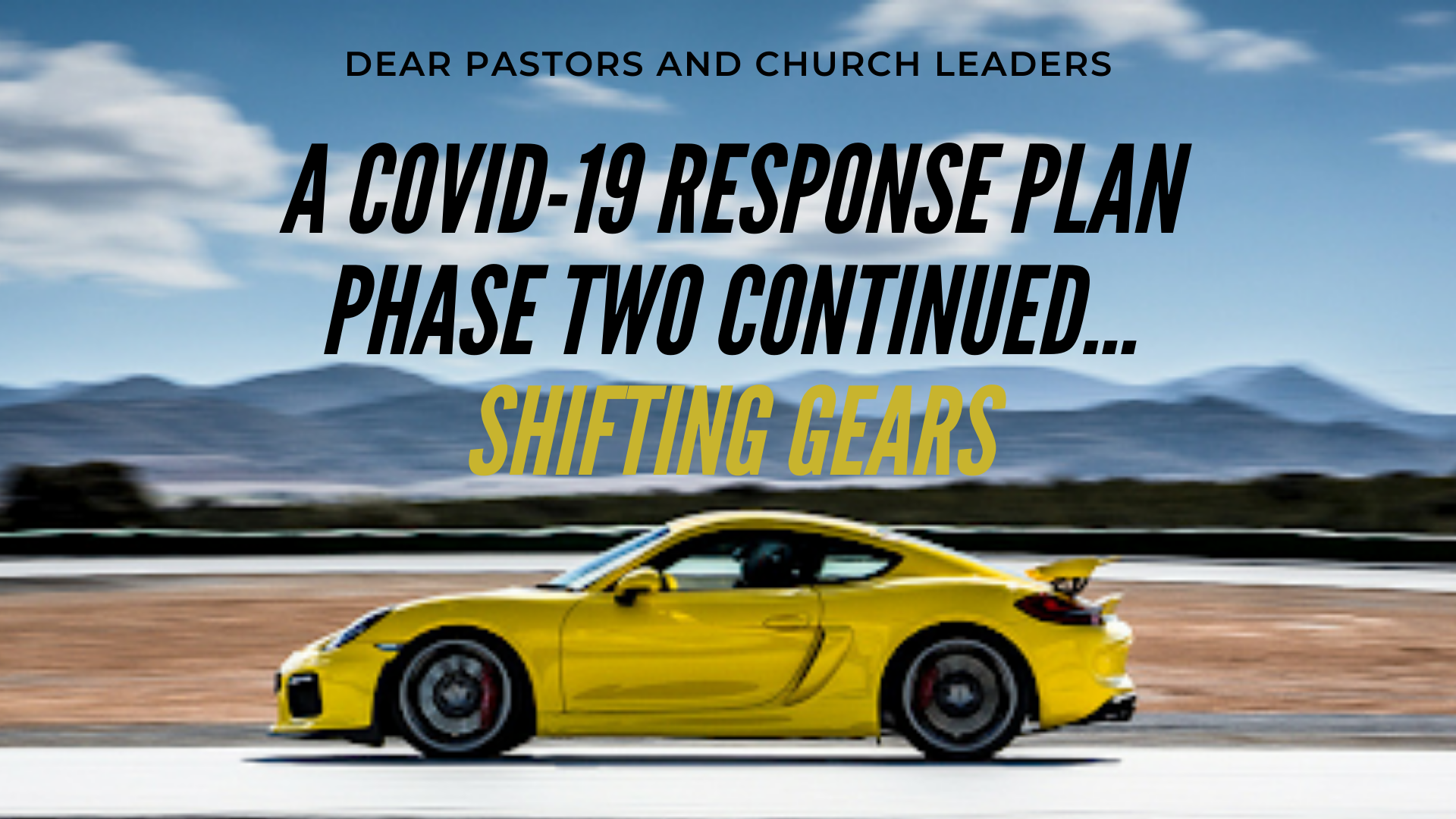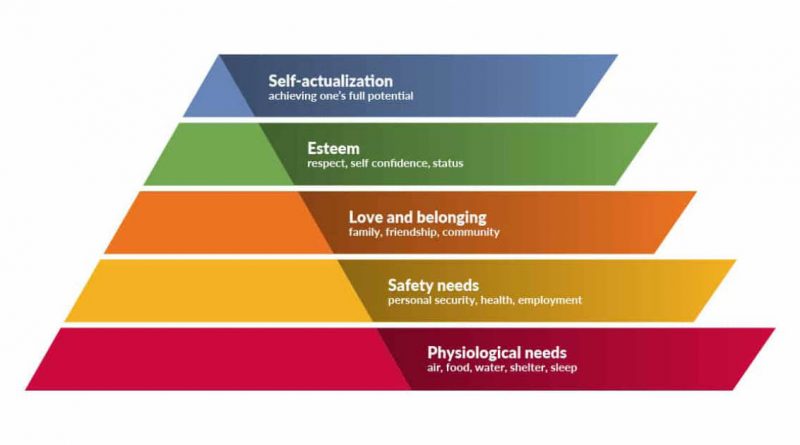The church has historically used a boat metaphor to help understand itself and its purpose (I use this image extensively in my book, Expedition: Following Jesus on a Mast-Raising, Sail-Setting, and Treasure-Seeking Journey to the Ends of the Earth). As the church charts its way into the fall, it is heading into a fog. There are so many unknowns and all the landmarks that we trusted to navigate have been obscured by the fog of the unknown. This is disorientating but it can also be frightening.
Navigating a naval vessel in the fog is not for the faint of heart. It demands unique skills and nautical practices. One must use foghorns to announce one’s presence to other vessels and, conversely, carefully listen for others to sound off on their location. One would also dispatch lookouts with sharp wits, focused eyes, and keen ears.
This is what the fall will feel like for ministry leaders. The fourth wave of Covid has created a fog and blinded us to many of the things we have relied on to navigate safely in ministry’s waters. We once relied on casual foyer conversation to help us gauge how people were doing. We once relied on in-person attendance to measure how the church was doing corporately and how people were doing individually. These trusted symbols of success (as problematic as they were) have been overshadowed and made obsolete by the settling of Covid’s fog, obscuring our finely tuned leadership senses and making us feel vulnerable and confused.
As you lead into the fog, I want to encourage you to not lose heart. Because you can’t see people, it doesn’t mean they are not tracking with you. Because the church can’t gather in person, it doesn’t mean people aren’t gathering with you online in some way. Because you don’t hear constant feedback or engage in casual in-person conversations, doesn’t mean you are not being effective. Because you don’t feel like you are being effective, it doesn’t mean you are failing and, more importantly, faithfulness always trumps effectiveness anyway!
As you lead into the fog, I also want to encourage you to deploy the crew and loudly blow the foghorn for your congregation. This is a season to be calling and connecting with your people by checking in. People are afraid, frustrated, and feeling disconnected. Blow the foghorn frequently and often. Also, blow your foghorn in your community. Embrace this season as an opportunity to serve and care for the community/neighbourhood/region God has placed your church in. If you struggled with ways of letting your community know you are there for them, this is the time to find new and creative ways of caring (care for long term care home residents, health care workers, teachers, single mothers trying to navigate a global pandemic alone, etc.) and serving your community.
As you lead into the fog, rely on your maps and instruments. Get back to the basics in ministry. If there was ever an opportunity to reset our churches on the fundamentals of what we are called to do, now is the time. Whatever the method, the mission and ministry of the church have always included the markers of sacraments, proclamation, service, worship, and community. Whether in-person or online, and however one approaches their programs and church structure, these are the historic markers of the church. Get back to the basics and rest in God’s boundless goodness and exuberant grace.
When the fog sets in, so does fear. We fear the unknown. We fear not being able to see. We fear vulnerability. However, in the obscurity of the fog, we also begin to rely on our other senses; our other senses heighten in the shadow of the fog. Thus, when you can’t see, listen. When we can’t see the future with predictability, listen for Jesus, the Good Shepherd, who is leading us (John 10:27). Maybe one of the unforeseen gifts of this season is the tuning of our lives to the melodious voice of Jesus who, like all shepherds, leads with His voice. Maybe we have become so accustomed to relying on our eyes in ministry that we have forgotten the call to listen and know the Shepherd’s voice and follow Him.
Although the fog has set in, it won’t last forever. Press in, press on, and have hope. Although the future may be obscured by the fog, our captain (King Jesus) knows the way and He will lead us through it.
Keep going, keep leading, and, above all, be faithful.
As 1 Thessalonians 5:24 says, “The one who calls you is faithful, and he will do it.”






